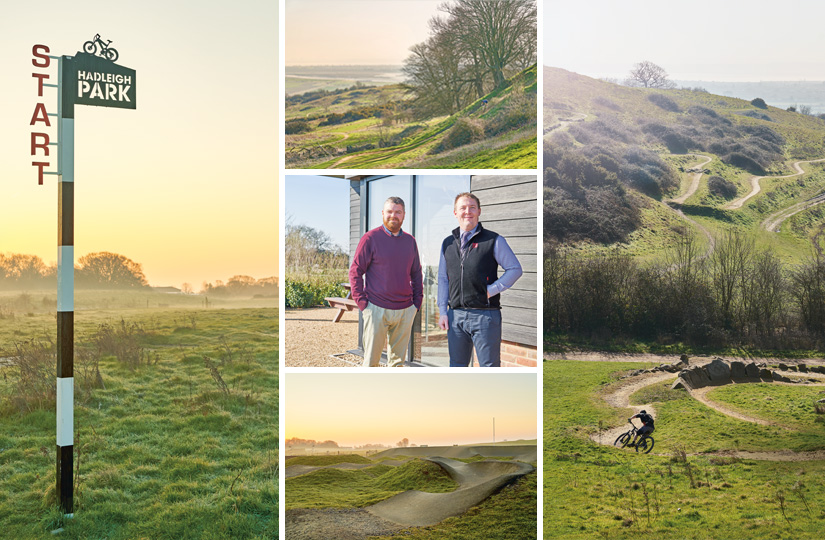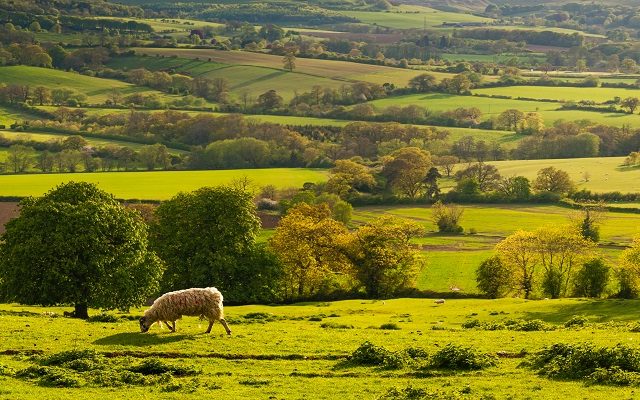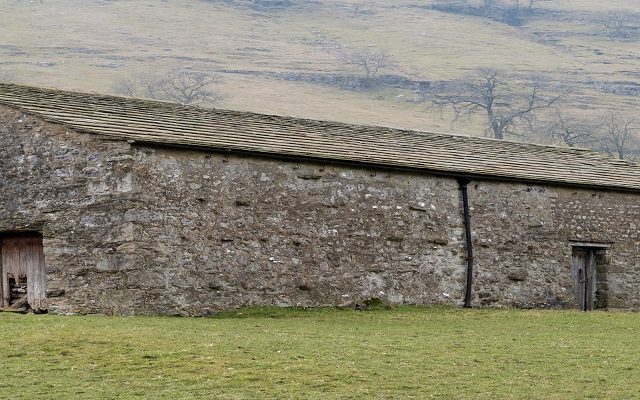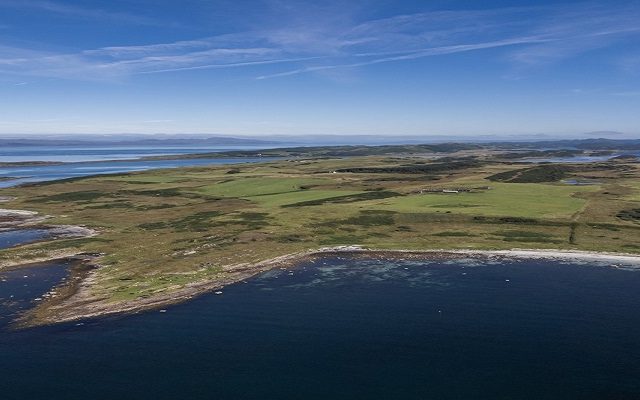Mountain bike diversification proves a success on Essex estate
Diversification on rural estates and farms is more important than ever as farmers and landowners look to grow revenues from sources other than conventional agricultural production.
With agricultural policy changes on the way, many farmers are looking at new diversification projects as part of their strategy to reduce their reliance on direct payments.
From mountain biking to specialist crops, Strutt & Parker is helping a range of rural businesses to develop innovative sources of diversified income.
For example, mountain biking and the Salvation Army may not seem like an obvious partnership, but at Hadleigh Farm Estate, on the Thames Estuary near Canvey Island in Essex, it has proved to be a successful combination.
This 900-acre estate was established as a country outpost by Salvation Army founder William Booth in 1891 to be a place where the unemployed and marginalised could retrain and be empowered.
It still fulfils that role today, with a modern training centre teaching IT skills, horticulture, catering and carpentry to people with additional support needs.
The estate features 600 acres of crops and 300 acres of grassland as well as a Rare Breeds Centre, and is operated in line with the Salvation Army’s charitable objectives.
Hadleigh also welcomes 700,000 visitors a year to enjoy family days out, dog walks, views of the ruins of Hadleigh Castle and the estuary – and mountain biking.
In 2010, the Salvation Army was approached by Essex County Council, which was searching for land to develop into an Olympic-standard mountain bike trail for London 2012.
‘We didn’t have any mountain bike trails, but we did have hills and accessibility for crowds of spectators, which they needed,’ recalls Ciaran Egan, Operations Manager at Hadleigh.
‘The Olympics course developer thought it could work. It was pretty exciting.’
Two years and the creation of some steep drops later, the course was ready.
But the meetings about the delivery of the course – which involved the Salvation Army, the council and the Games organisers LOCOG – were also about the Olympic legacy and how it could benefit Hadleigh.
A crucial element of the strategy was the drawing up in 2010 of a 35-year lease to Essex County Council for the creation and future management of the mountain bike track.
Key to this agreement was that the council would deliver The Hub: a group of new buildings, opened after the Olympics, which would house a bike shop, office and meeting rooms, and other facilities.
Once the excitement of the Games was over, the first part of the legacy was to adapt the track to make it safe for non-Olympians, so it could draw crowds to ride instead of watch.
Essex County Council confirms we’re getting an impressive 250,000 people a year riding the trails.
Read more about the successful diversification at Hadleigh Farm Estate and find out how Strutt & Parker has helped to open up new market opportunities on other farms and estates.






